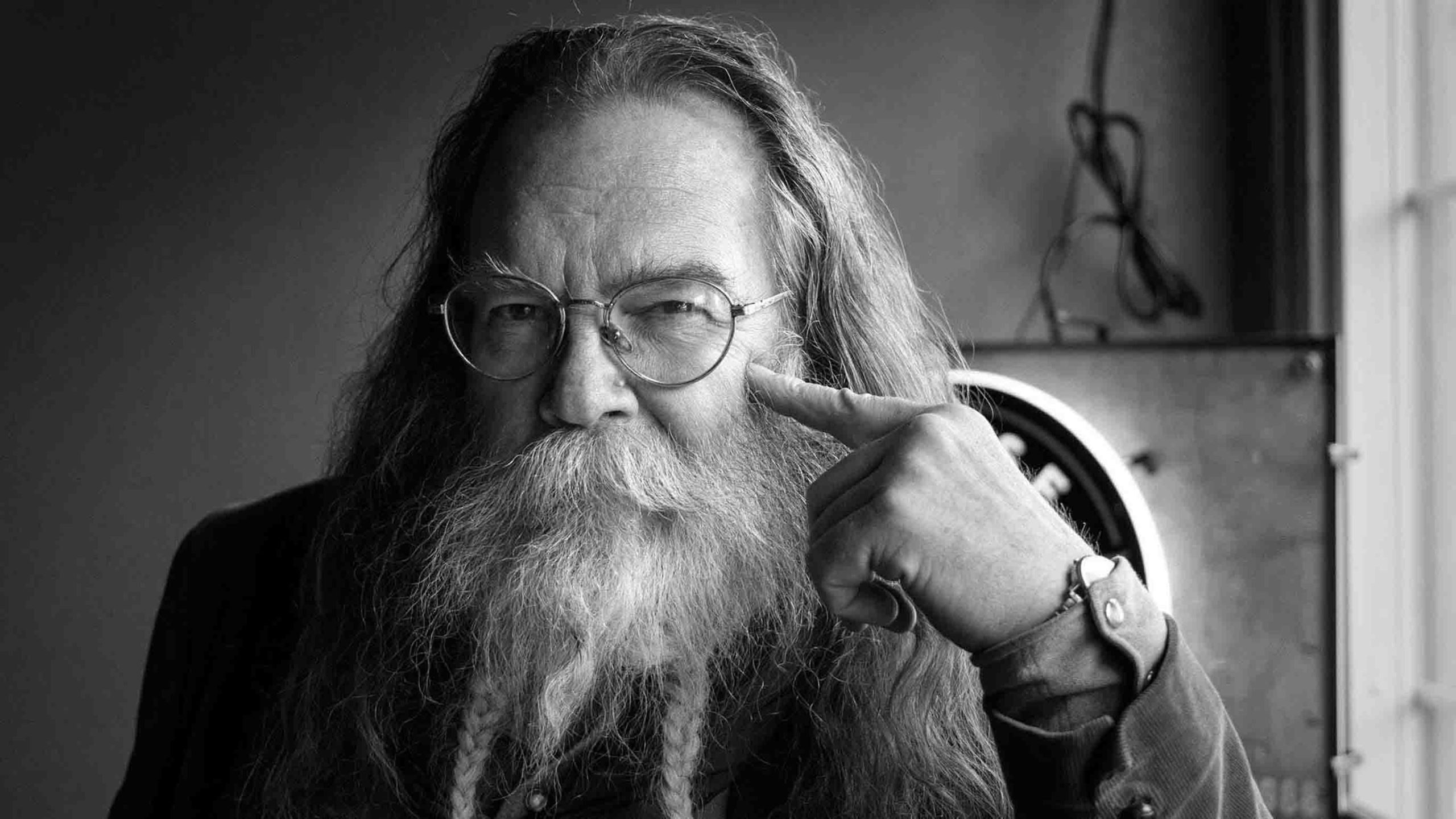I love the United States Constitution, but the First Amendment is my favorite part. The rest of the document deals very effectively with our rights and responsibilities as citizens in our corporeal and political world, but the First Amendment provides us the most essential tool of citizenship – a free mind.
Ponder, for a moment, the words of Benjamin Franklin, “Without freedom of thought, there can be no such thing as wisdom – and no such thing as public liberty without freedom of speech.” The First Amendment guarantees both.
Let’s take a gander at this tasty morsel of human liberty. The opening words of the First Amendment are, “Congress shall make no law.” This phrase avows that, in the United States, government is frozen out of specific areas of life. Those areas are left up to the individual citizens to work out with their own free minds.
First among these areas is religion. Without the freedom to believe, or not believe, in the mysteries of faith, and practice accordingly without government intrusion, the citizen’s mind remains enslaved to government. Religion, in our country, has absolutely nothing to do with government, and everything to do with the freedom of the individual.
To quote the text, “Congress shall make no law respecting an establishment of religion, or prohibiting the free exercise thereof.” Government cannot make you believe what it wants you to believe, nor can it prevent you from believing what you want. That is the essence of the separation of church and state, and a benchmark of human intellectual liberty.
If a human mind finds the way to God, that is a result of its own freedom, and not the result of government. Here endeth the lesson.
The next clause prevents government from abridging free speech. When everyone is free to speak their minds, the free flow of ideas in a society is assured. When ideas flow freely, the human mind is further liberated.
That cacophony of protected speech can get a tad gnarly at times, particularly in the digital age. You’ll hear stuff that pisses you off, sets your teeth on edge.
So, it’s important to remember that the same Constitution that guarantees speech that pisses you off does not constrain you to pay any attention to it. The First Amendment is an elegantly symmetrical document.
Without a free press, the next right guaranteed in the First Amendment, the populace would know nothing but what government wants us to know. Our minds would be fenced in by government, and we would be mental slaves to propaganda. A free press emancipates citizens from that bleak prospect.
Yes, it’s a two-edged sword, as are all human rights. Albert Camus has said, “A free press can, of course, be good or bad, but, most certainly without freedom, the press will never be anything but bad.” That’s why Ronald Reagan called a free press “the essential infrastructure of democracy.”
But, nobody is forced to read what is published. There’s that symmetry again.
Next, we Americans are free to peaceably assemble to share our thoughts, to debate, to learn and to teach. (I’m pretty sure the term “peaceably” was intentionally included by our Founders, as recent history has borne out.)
Freedom of thought makes for a better individual citizen, and a free-thinking population makes for a better society. That is the importance of freedom of assembly.
Finally, after all that thinking, we are free to express those thoughts to government, if government pisses us off. This makes for better government.
Perhaps now you see why I consider the First Amendment to be the crown jewel in our Constitution.
To paraphrase that famous exchange between Benjamin Franklin and Elizabeth Powell after the drafting of the Constitution: “Well, Doctor, what have you given us?”
“A free mind, if you will use it.”
Rod Miller can be reached at: RodsMillerWyo@yahoo.com





